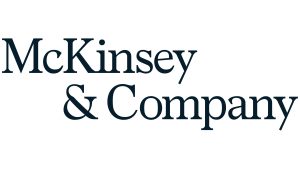With a recession that feels like it’s been looming since 2021, companies are continuing to tighten their belts. Countless lives have been disrupted by more than 100,000 layoffs announced by big tech companies since the beginning of the new year. While the savings in operating costs may satisfy investors in the short term, workers and industry experts are left wondering where and when the next cuts will come. McKinsey Senior Partner Shelley Stewart recently sat down for an interview with CNBC, where he made the case that an increase in layoffs could pose a significant challenge to companies achieving their Diversity, Equity, and Inclusion (DEI) commitments.
Since the end of 2020, the amount of funding committed to furthering diverse, equitable, and inclusive workplaces has grown from $66 billion to $340 billion, coupled with ambitious and widely-publicized goals. In spite of such lofty intentions, Stewart was skeptical that businesses could actually meet their goals to deploy that capital, especially in light of growing cuts to departments typically seen as cost centers.
While Black workers are underrepresented in the tech sector, they may not feel the pain from job cuts in that industry. However, Black Americans have historically been disproportionately impacted by economic downturns, and as further industries seek to trim costs and shore up margins, there is a very real danger that their efforts could reverse DEI gains made in recent years and cause further harm to minority populations. Stewart stressed the importance of growing the number of Black workers in the tech industry, urging business leaders to keep thinking about ways to grow representation as the economy navigates –and eventually emerges from– the recent downturn.
Stewart further encouraged companies to keep up their DEI efforts despite the increasingly uncertain business environment, recommending leaders look at new ways to grow racial equity, such as working with diverse suppliers and partner businesses, which he claimed serve as the biggest non-wage related lever to directly impact society.
“Inclusive growth is better for companies, better for society, better for our global economy and our domestic economy,” he said. “Folks that stick to that, I think, will emerge on the other side stronger.”

























